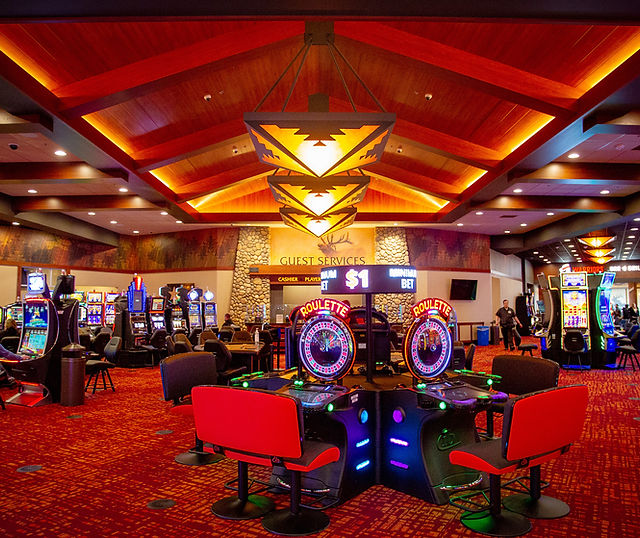
A casino is a public place where a variety of games of chance can be played. It is a gambling establishment, and while some add stage shows, restaurants and dramatic scenery to help attract patrons, those attractions are not required for it to be called a casino.
A modern casino is like an indoor amusement park for adults, with the majority of its entertainment (and profits) coming from gambling. Musical shows, lighted fountains and shops are all added to appeal to guests. But without the gambling, casinos would not be able to exist.
Gambling has been a part of human culture for millennia, as evidenced by wooden blocks used for dice dating back to 2300 BC in China and playing cards appearing around 800 AD. But it wasn’t until the mid-to late 1800s that a modern casino concept emerged with the opening of the famous Monte-Carlo Casino in 1863.
The casino is a business, and as such, has built-in advantages that ensure it will win more money than any individual player can hope to win. That’s why big bettors are often offered free spectacular entertainment, reduced-fare transportation, elegant living quarters and other inducements.
While the actual rules of each game are left to the players, security is a major concern for casinos. All the expected reactions and motions of people playing a game form patterns that make it easy for security to spot deviations from the norm. In addition, technology has become a key element in the fight against cheating. Using a system of “chip tracking” that electronically links each chip to the gaming tables, and by monitoring roulette wheels regularly to detect statistical deviations from expected results, casinos are becoming more sophisticated in their efforts to keep gamblers honest.